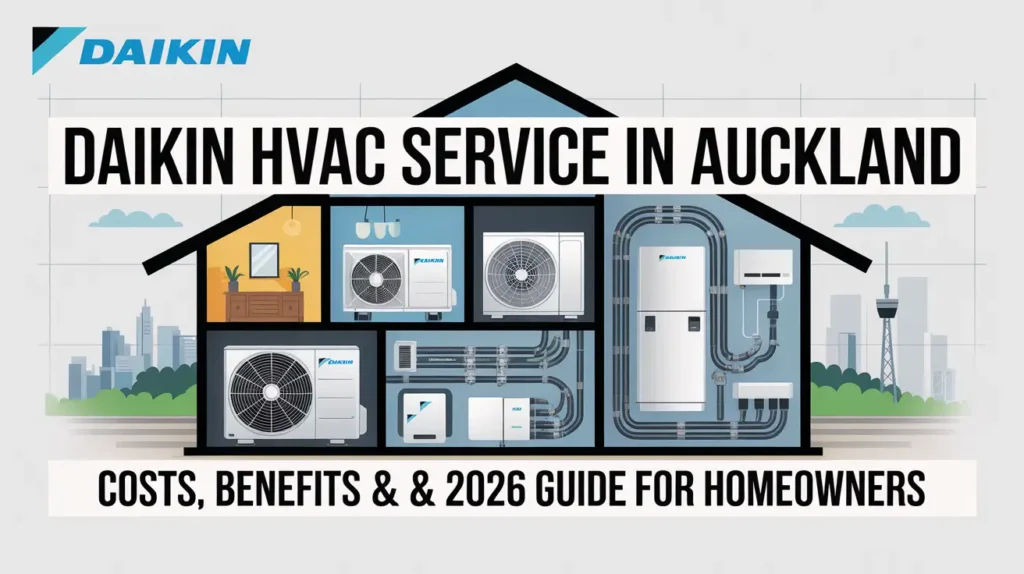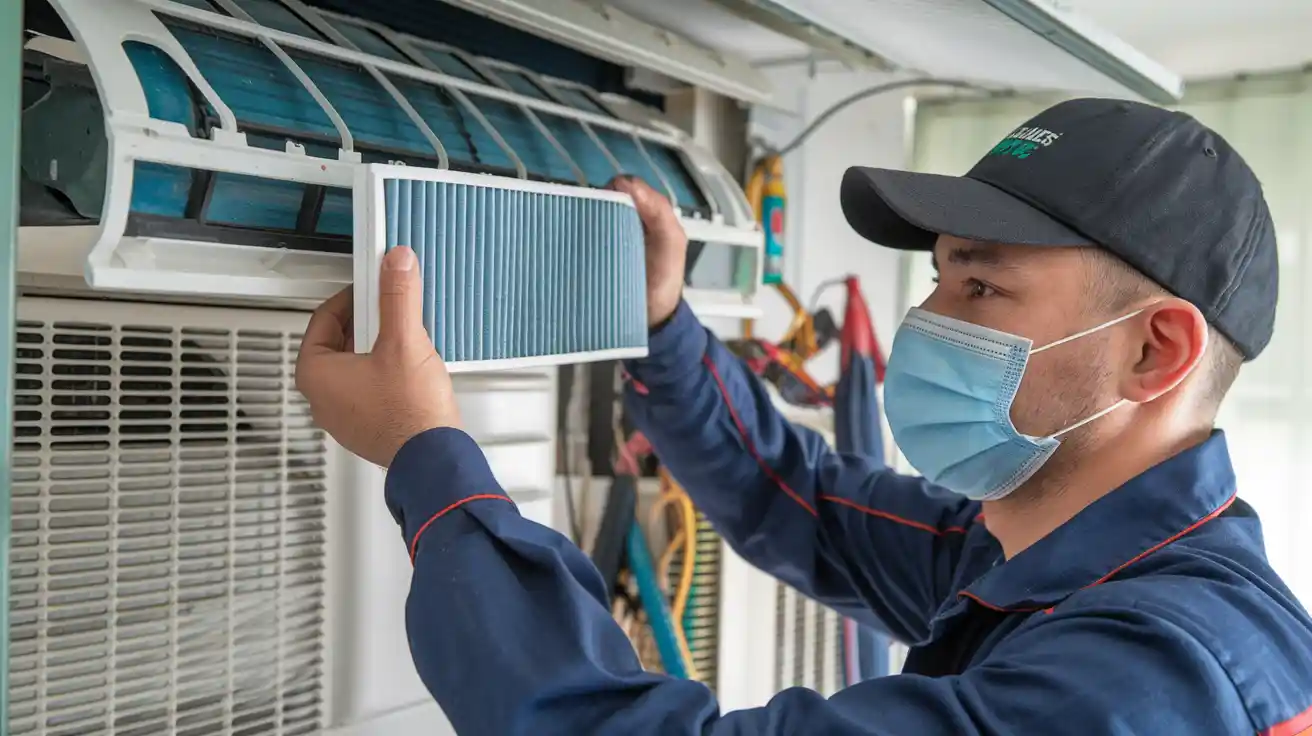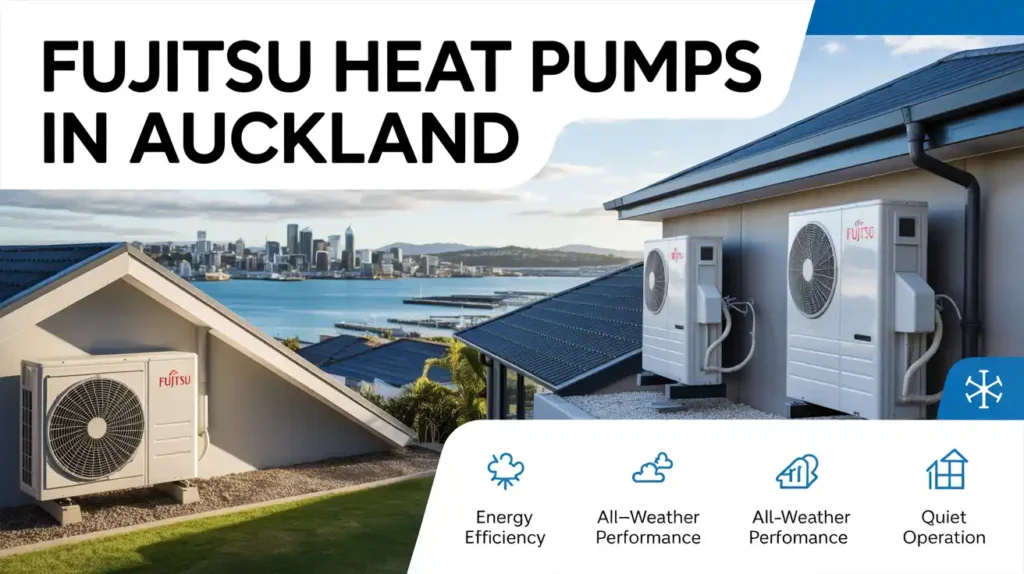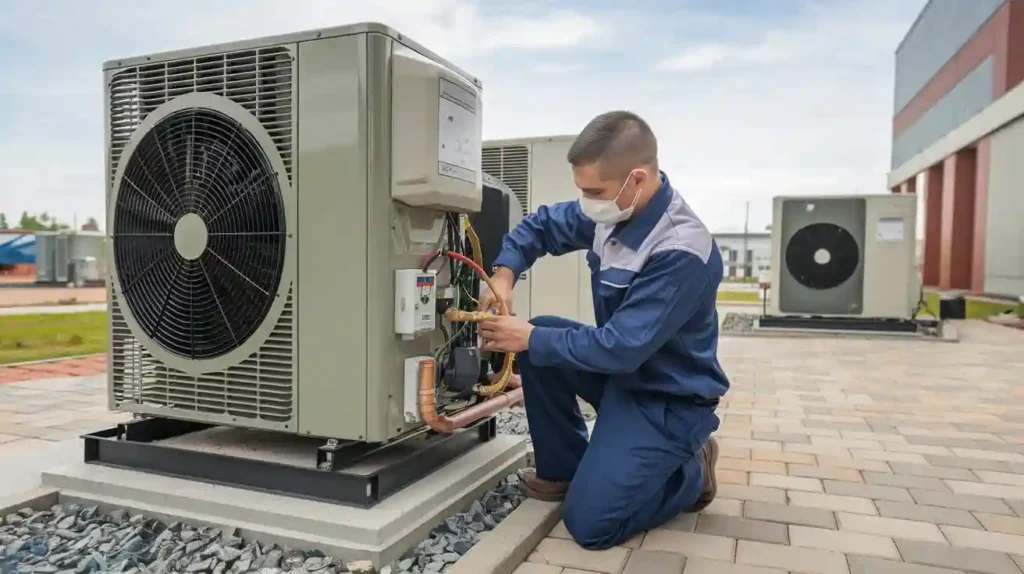
- Transparency
- 24/7 Availability
- Quality Guarantee

The Benefits of Regular Air Filter Changes for AC Systems in Auckland
Just as you maintain your vehicle for optimal performance, changing your air filters regularly is vital for your air conditioning system. In Auckland, where dust and pollen levels can be high, ensuring clean filters not only improves air quality but also enhances the efficiency of your AC unit. By making this simple adjustment, you can significantly reduce energy costs, prolong the life of your system, and create a healthier living environment for you and your family.
Importance of Air Filters
The air filters in your AC system are vital for maintaining not only efficiency but also the overall comfort of your indoor environment. They trap dust, pollen, and other contaminants, preventing them from circulating in your home. In Auckland’s dusty and pollen-heavy atmosphere, changing your filters regularly ensures that your system operates smoothly, enhancing energy efficiency and prolonging its lifespan.
Health Benefits
By regularly replacing your air filters, you significantly reduce the presence of allergens and irritants in your home. This is particularly important in high-pollen seasons or dusty conditions, as clean air contributes to better respiratory health for you and your family.
Impact on Indoor Air Quality
Importance of regular air filter changes cannot be overstated when it comes to indoor air quality. Contaminants can accumulate in your filters over time, leading to stagnant air and increased health risks.
It’s crucial to recognize that poor air quality can result in headaches, fatigue, and allergies, which might affect your productivity and comfort at home. By keeping your air filters clean and replacing them as needed—ideally every 1-3 months in Auckland—you ensure that your indoor environment remains fresh and healthy, fostering a better quality of life for you and your loved ones.
Efficiency of AC Systems
Even if your air conditioning system is state-of-the-art, its efficiency can wane if air filters are not changed regularly. In Auckland’s dusty or pollen-heavy environment, clogged filters can restrict airflow, making your AC work harder to maintain desired temperatures. This not only reduces comfort but can lead to higher energy bills as your system battles against inefficient ventilation.
Energy Consumption
On a regular basis, neglected air filters lead to increased energy consumption, which directly affects your utility costs. When airflow is compromised, your AC unit must use more energy to maintain the same level of cooling. By changing filters every 1-3 months, especially during peak pollen seasons, you can help ensure that your system operates efficiently and economically.
Equipment Longevity
Before you overlook the importance of air filter maintenance, consider how it impacts the longevity of your AC equipment. Clogged filters can cause your system to overheat and strain, leading to premature wear and tear. Regularly changing filters not only optimizes performance but also extends the lifespan of your AC unit, saving you money on potential repairs or replacements.
Efficiency in your air conditioning system extends beyond just energy savings; it influences the overall health of your unit. A well-maintained system can last 15 years or more, whereas one that suffers from neglected filters may fail much sooner. By committing to regular filter changes, you not only protect your investment but ensure a consistently comfortable and clean indoor environment.
Frequency of Filter Changes
Some homeowners in Auckland may overlook the importance of regular air filter changes due to the city’s unique environment. However, given the area’s dust and pollen levels, it’s vital to establish a consistent filter replacement routine to ensure that your indoor air quality remains healthy and your AC system operates efficiently.
Recommended Intervals
An effective guideline for changing your air filters is every 1 to 3 months, especially in Auckland’s dusty atmosphere. If you have pets or allergies, aiming for the shorter interval will help maximize your air quality and system performance.
Factors Influencing Frequency
Recommended intervals can vary based on several factors, including:
- Outdoor air quality
- Presence of pets in your home
- Allergy sensitivities among family members
- Usage frequency of your AC system
After considering these elements, you can better determine how often to change your filters.
Plus, you may also want to monitor the condition of your filters by visually checking for dirt and debris. This will help you make more informed decisions on when to change them:
- Time of year and seasonal activities (like gardening)
- Type of filter used (some are more efficient than others)
- Home location and surrounding environment (e.g., proximity to busy roads)
After assessing these factors, you can tailor your filter replacement schedule for optimal performance.
Types of Air Filters
Many air filter options are available for your air conditioning system, each designed to meet specific needs in Auckland’s dusty or pollen-heavy environment.
- HEPA Filters
- Pleated Filters
- Flat Filters
- Activated Carbon Filters
- Washable Filters
This variety allows you to select the best filter for maintaining excellent air quality and system efficiency.
| Type of Filter | Advantages |
|---|---|
| HEPA Filters | Traps 99.97% of particles, enhancing air quality |
| Pleated Filters | Higher surface area increases dirt capture |
| Flat Filters | Cost-effective and low-profile design |
| Activated Carbon Filters | Reduces odors and harmful chemicals |
| Washable Filters | Eco-friendly and reusable option |
HEPA Filters
The HEPA filter is an excellent choice for homeowners seeking superior air quality. These filters capture 99.97% of dust, pollen, and other airborne particles as small as 0.3 microns. In Auckland, where pollen levels can rise significantly, using HEPA filters can help you reduce allergies and improve your indoor environment substantially. Regularly changing these filters enhances their efficiency and maximizes their lifespan, contributing to an overall healthier home.
Pleated vs. Flat Filters
Around Auckland, you’ll encounter both pleated and flat filters in various air conditioning systems. Pleated filters have a more extensive surface area that can trap larger amounts of dust, pollen, and allergens than flat filters. This design helps improve airflow efficiency while maintaining clean air. While pleated filters tend to be more expensive, they often last longer and require fewer replacements, making them a more efficient choice over time.
Even in a dust-heavy environment like Auckland, choosing between pleated and flat filters can affect your indoor air quality and HVAC system performance. Pleated filters’ enhanced capacity to capture particles makes them ideal for those who suffer from allergies or have respiratory concerns. Their design allows for better airflow and filtration, reducing energy costs as your system operates more efficiently. Flat filters are suitable for general use but may require more frequent replacements and offer limited filtration capabilities. Evaluating your needs will guide you in selecting the right filter type for your home.
Signs Your Filter Needs Changing
For optimal air quality and efficiency, it’s necessary to recognize when your air filter needs changing. In Auckland’s dusty or pollen-heavy environment, you may find that filters become clogged more quickly. Signs include reduced airflow, increased energy bills, or unusual odors coming from your AC system. Stay vigilant to maintain a healthy living space and ensure your system functions properly.
Visual Cues
About now, you might notice discoloration on your air filter or excessive dust and debris buildup. If your filter appears dark or blocked, this visual cue indicates it’s time for a replacement. A clean filter allows for better airflow and enhances the overall efficiency of your HVAC system.
Performance Indicators
Among the noticeable performance changes, you may experience poor air quality and a noticeable increase in energy consumption. If your AC system struggles to maintain the desired temperature or runs continuously, consider that a clogged filter could be the culprit. Regular checks can help you avoid unnecessary strain on your system.
Understanding the relationship between filter condition and system performance is vital. A dirty filter limits airflow, making your AC work harder than it should. This not only compromises air quality but also increases your energy bills and can lead to premature wear on your system. Regularly monitoring these indicators can save you money and ensure your home remains comfortable year-round.
Tips for Changing Filters
Once again, keeping your air filters clean is crucial for good air quality. Here are some tips to ensure you’re changing your filters effectively:
- Check filters monthly in dusty conditions.
- Replace filters every 1-3 months, especially during high pollen seasons.
- Keep track of the filter size and type for easy replacements.
- Consider using high-efficiency filters for better air quality.
Assume that your health and system efficiency depend on these regular changes.
Safety Precautions
Changing your air filter can seem straightforward, but it’s important to adhere to safety precautions. Always turn off your AC system before beginning any maintenance. Wear gloves to avoid allergens and dust exposure, and ensure you’re using the right tools for the task. Following these steps helps prevent any mishaps and keeps your indoor environment cleaner.
Best Practices
Below are some best practices for changing your air filters efficiently. Regularly check filters and maintain a schedule that fits your environment, particularly in Auckland’s dusty or pollen-heavy conditions.
Hence, consider setting reminders on your phone or jotting down a maintenance calendar. Utilizing high-efficiency particulate air (HEPA) filters can significantly enhance indoor air quality, especially in regions prone to high pollen and dust. Additionally, keep replacement filters stocked at home to streamline the process. A well-maintained filter contributes greatly to your system’s performance and your overall well-being.
Summing up
Taking this into account, regularly changing your air filters is imperative for maintaining optimal air quality and energy efficiency, especially in Auckland’s dusty and pollen-heavy environment. By ensuring your filters are clean, you not only enhance the performance of your AC system but also protect your health and comfort. Aim to replace your filters every 1 to 3 months, depending on your specific conditions. This simple maintenance task can lead to a significant improvement in air quality while potentially lowering your energy bills.
Ready to upgrade your commercial air conditioning system or need professional servicing? Don’t let outdated or inefficient cooling solutions hold your business back.
Contact Auckland’s trusted commercial air conditioning experts today to schedule a consultation, installation, or maintenance service. Whether it’s a new system, 24/7 emergency repair, or regular servicing, our team has you covered. Call now and keep your business cool and efficient!
Call +64 2102220596 today for a free quote and enjoy a more comfortable home or office!
Why is it important to change air filters regularly in Auckland's environment?
Regularly changing air filters is crucial in Auckland due to the city’s elevated levels of dust and pollen, which can significantly impact indoor air quality. Dirty filters can become clogged, reducing airflow and making your air conditioning system work harder, leading to increased energy consumption. By replacing filters consistently, you ensure optimal system performance, enhance indoor air quality, and contribute to overall health and comfort in your home or workplace.
How often should air filters be replaced in Auckland?
In Auckland, air filters typically should be replaced every 1 to 3 months, especially during high pollen seasons or dustier months. If you have pets, allergies, or frequent dust storms, more frequent changes—potentially monthly—are advisable. Regular checks can help you assess the dirt level in the filters, and adjusting the replacement schedule based on environmental conditions and personal needs can further improve air quality and system efficiency.
What are the signs that it's time to change my air filter?
There are a few indicators that suggest it’s time to replace your air filter. These include reduced airflow from vents, visible dirt or dust buildup on the filter, or an increase in allergy symptoms among household members. Additionally, if you notice a musty odor from the HVAC system or if your energy bills rise unexpectedly, it could be a sign that the air filter needs to be changed to restore efficiency and maintain clean air circulation throughout your space.
Latest HVAC Maintenance Tips
Keep your HVAC system running at its best with these essential tips: change filters regularly, schedule annual inspections, clean the coils, check the thermostat, and ensure proper airflow. These easy steps can improve efficiency and save you money all year long!


Fujitsu Heat Pumps in Auckland: The Reasons for Their Popularity

